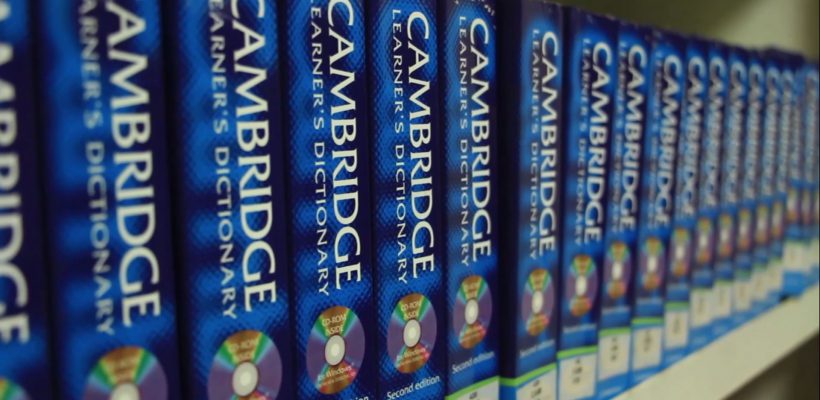
The Kigali Independent University ULK has two directorates of academic quality, one located at the main campus, the Kigali Campus as well as a second one located at the Gisenyi Campus.
Each Directorate is managed by a Director of Quality, who is also a Senior Executive of the University, member of the Academic Senate as well as member of the Executive Council. The Director of Quality reports to the Rector of the University.
Each Director has an administrative assistant (Bachelors Degree Holder) as well as various other field supporting units. The Directorate duties are summarized in the following up of the conformance as well as the enhancement related to university quality management tools such as:
- Law 1: law n°20/2005 of 20/10/2005 governing the organization and functioning of higher education;
- Law 2: law n°23/2006 of 28/04/2006 governing the national council of higher education;
- Law 3: presidential order n° 51/01 of 13/07/2010 establishing quality standards in higher learning institutions.
How does ULK apply and comply with this tool?
Here are a few illustrations on how it applies and complies with the above tool:
- ULK complies with all the provisions of the law n°20/2005 of 20/10/2005 governing the organization and functioning of higher education, organs provided by article 42:
The Board of Directors; the Senate, the Executive Council, the School Councils and Departments, are all implemented and are functioning. Article 64 provisions Executives of the HLI, all the eight categories of the law are a reality at ULK. Article 80 related to the teaching staff is also fully implemented, etc. - ULK goes by the provisions of the Law N°23/2006 of 28/04/2006 Governing the National Council of Higher Education, in its article 5, paragraph 3, regulating realities related to Learning and Teaching.
The Credits Accumulation and Modular System set up by the NCHE has been fully implemented in all the programmes, for all modules and units as well as in all the years of study. Programmes Specifications and Modules Descriptions have been designed, approved at the institutional and national levels and are fully implemented.
Out of the 45 texts released by the NCHE, ULK has fully implemented 39 texts and the remaining are under implementation; - In addition, ULK complies with the provisions of the presidential order n° 51/01 of 13/07/2010establishing quality standards in higher learning institutions. Its section 1: 4.1.1.3 on the student staff ratio and on the student-space ratio is fully met.
The following table illustrates it better:
Table: Illustration of the compliance with various National Higher Education Quality Standards by ULK
| Standard Title | Standard Measure | ULK Compliance |
| Student Staff Ratio | 1 lecturer for 25 students | 1 lecturer for 19 students |
| Student Space Ratio | 1 student: 1m2 of class space | 1 student: 2.4 m2 |
| Student Book Ratio | 1 book for 20 students | 1 book for 14 students |
| Student Computer Ratio | 1 computer for 20 students | 1 computer for 5 students |
| Student Internet Access Time | 5 hours per week for a student | 8 hours per week for a student |
| Ratio PhD in Total Staff | 15% of the staff as PhD holders | 15% as PhD holders |
| Ratio Masters in Total Staff | 90% of the staff are masters holders | 96% are masters holders |
| Etc. |
Source: computed from: Kigali Independent University (ULK)- Mineduc- NCHE- REB joint computed Statistics – AcademicYear 2011-2012. Musanze & Nyandungu, July- August –November, 2012.Unpublished
- internal regulations (values ; mission ; objectives ; organs & duties ; general academic regulations; discipline and sanctions, etc.);
- Manual of Procedures (academic procedures – registration, programmes, modules, units contents and running, assessments ; administrative procedures; financial procedures ; auditing procedures ; quality management procedures)
and
- manual of attributions.
These first three university regulating texts are hence fully implemented;
since January 2009, the Kigali Independent University ULK has put into place Routing Slips for assuring good customer care service tracking and delivery.
What is a routing slip?
A routing slip is an official form which has to be filled-in in three copies, by any ULK student or former student when he or she is requesting for a given academic document.
Once filled, one copy of the routing slip is sent to various services for the set-up of the required document, the sign-in, the calling of the requester serviced and finally the delivery of it.
The second copy goes to the Quality Directorate for a post-control of processing and delivery.
The third copy is kept by the student for any end-purpose.
The processing of each one of the existing university routing slips has a clear deadline. Each week a report on the delivery is established and corrective measures taken;
As illustration: the Decision by the Senate to run in each and every academic year and for all the programmes, without exception, the course (module) of English and Computer Skills, to guarantee that after four years of successive English and Computer Skills, graduates will be fully skilled equipped, contributing therefore to their fitness for purpose;
This practice involves the signing of, at the beginning of a period (Year, Semester, Quarter) of a performance contract, listing actions agreed as “to be achieved’ by a manager with the top management of the university.
Thus, the achievement of listed actions is followed-up and evaluated periodically. Yearly aggregated, the above cited evaluations will constitute the yearly evaluation of the performer. This allows the Management to have a temperature of the achievements of the Regular Academic Activities a week after another, monthly, and per semester for corrective measures;
Such evaluations are now the most important, and sometimes the sole measure of a teacher’s teaching ability.
At ULK, this is fully implemented, as once a lecturer is evaluated by students with an average mark of less than 65%, the course is taken out of him/her (article 39 of ULK Internal Regulations);
